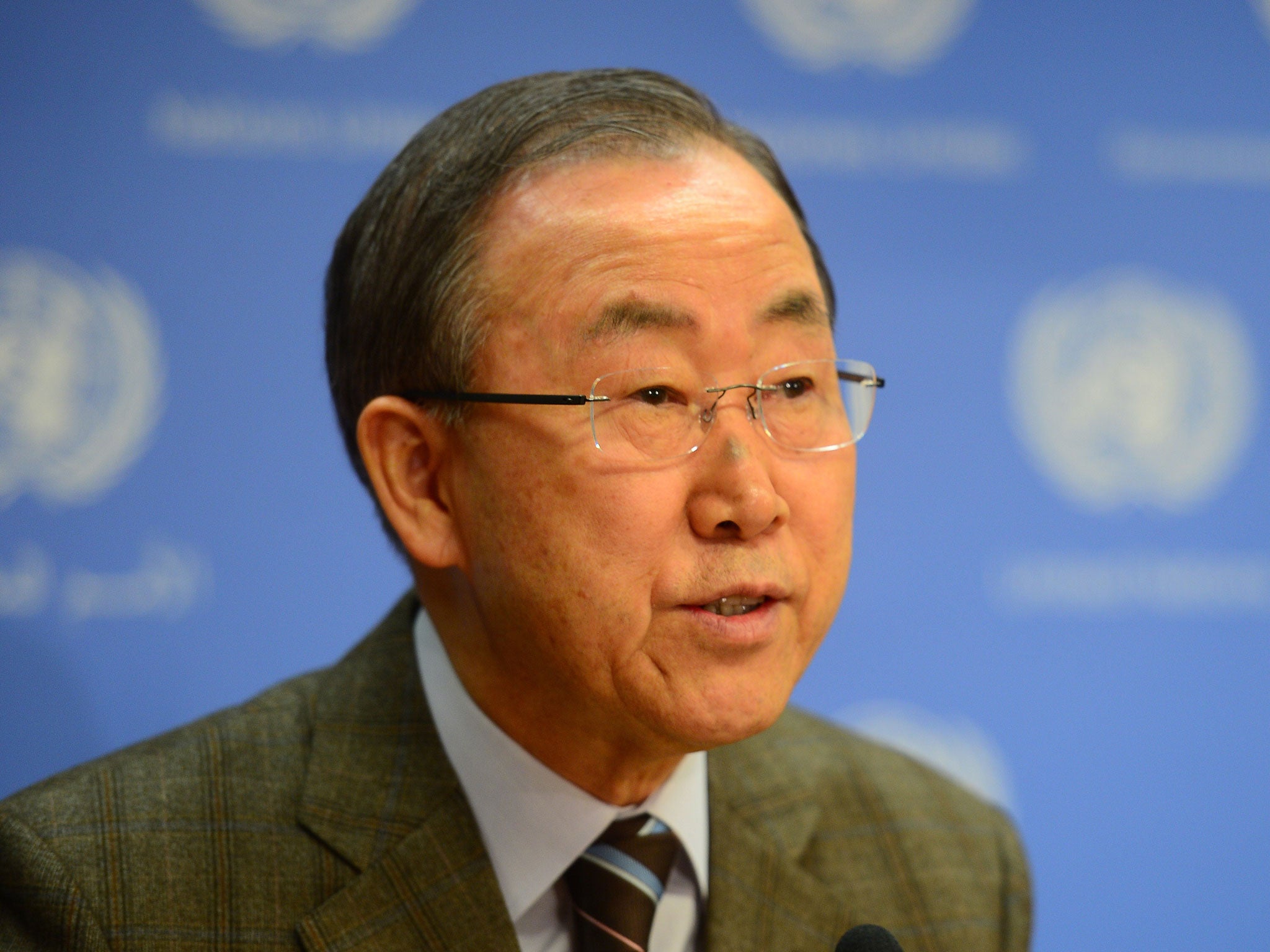Syria peace talks: Geneva II is the only hope for Syria – and Iran should have been part of it
The UN’s view has been that Tehran should have a place at the table


Your support helps us to tell the story
From reproductive rights to climate change to Big Tech, The Independent is on the ground when the story is developing. Whether it's investigating the financials of Elon Musk's pro-Trump PAC or producing our latest documentary, 'The A Word', which shines a light on the American women fighting for reproductive rights, we know how important it is to parse out the facts from the messaging.
At such a critical moment in US history, we need reporters on the ground. Your donation allows us to keep sending journalists to speak to both sides of the story.
The Independent is trusted by Americans across the entire political spectrum. And unlike many other quality news outlets, we choose not to lock Americans out of our reporting and analysis with paywalls. We believe quality journalism should be available to everyone, paid for by those who can afford it.
Your support makes all the difference.There was absolutely no chance of the Geneva II talks on Syria taking place without last-minute dramas and this has, inevitably, happened. Some of it is expected posturing, but the latest act, Ban Ki-moon’s decision to rescind the invitation to Iran to attend, is of great significance.
Tehran’s participation was needed for a future peace deal. But the UN Secretary-General withdrew the invitation on the same day it was unexpectedly issued, following the threat of a boycott from the Syrian opposition and pressure from the United States.
There were expressions of surprise in Western capitals at the initial invitation. The point is that the 30 international participants (in Montreux on the first day because a watch conference has grabbed all the facilities in Geneva) all agreed at the first set of Syria talks, Geneva I, that the discussions will be for a transitional administration without Bashar al-Assad: Iran has not signed up to that.
The UN’s view, however, had been that Tehran should have a place at the table. There were talks between American and UN officials over the weekend on the issue. Mr Ban was convinced by the Foreign Minister Javad Zarif that Iran has privately agreed to the tenets of Geneva. But until Iran agrees publicly, the West’s official position is that Iran cannot attend.
There has been acknowledgement for a while in the Western states backing the Syrian opposition that Tehran’s influence was necessary to bring the violence to an end. At the weekend the Foreign Minister of a major European power stressed at a gathering that Iran will play a part in the Syria talks, if not in the basis of the Geneva I declaration then in other ways.
A senior British diplomat pointed out that although Russia was the key in organising the talks, Iran has been playing a constructive role since President Rouhani came to power.
Syria’s Opposition Coalition had stated that it would withdraw from the negotiations unless the Iranian invitation was retracted. Many of its members in Istanbul yesterday indicated privately they were more likely to turn up than not, but the public stance had to be different.
For those of us reporting from northern Syria’s killing fields, the need for talks was not a surprise. There was no other way for the main protagonists, the regime and the official opposition. Neither can hope for a military victory. The only winning side, despite a few recent reverses, has been al-Qa’ida-linked groups, in particular the Islamic State in Iraq and the Levant (Isis).
A lot has been taking place behind the scenes. Western intelligence agencies have been to Damascus to liaise with the regime about prisoners it is holding as well as the overall jihadist threats. At the same time regime officials have met those from the West in neutral venues to discuss life after Mr Assad; there is anxiety to avoid what happened in Iraq after the invasion, when security forces were disbanded.
Western backers of the official opposition are not without means of contact with Islamist rebels inside Syria – this is being done with Jabhat al-Nusra and the Islamic Front through their sponsors, Saudi Arabia, Qatar and the UAE.
The Geneva II talks have the framework for deals eventually bringing the terrible bloodshed to an end.
Even if this is now delayed, a long-term peace deal will have to take place, and it will take place with Iranian involvement. It appears that on this occasion Mr Ban made a call to Tehran just a bit too soon.
Join our commenting forum
Join thought-provoking conversations, follow other Independent readers and see their replies
Comments